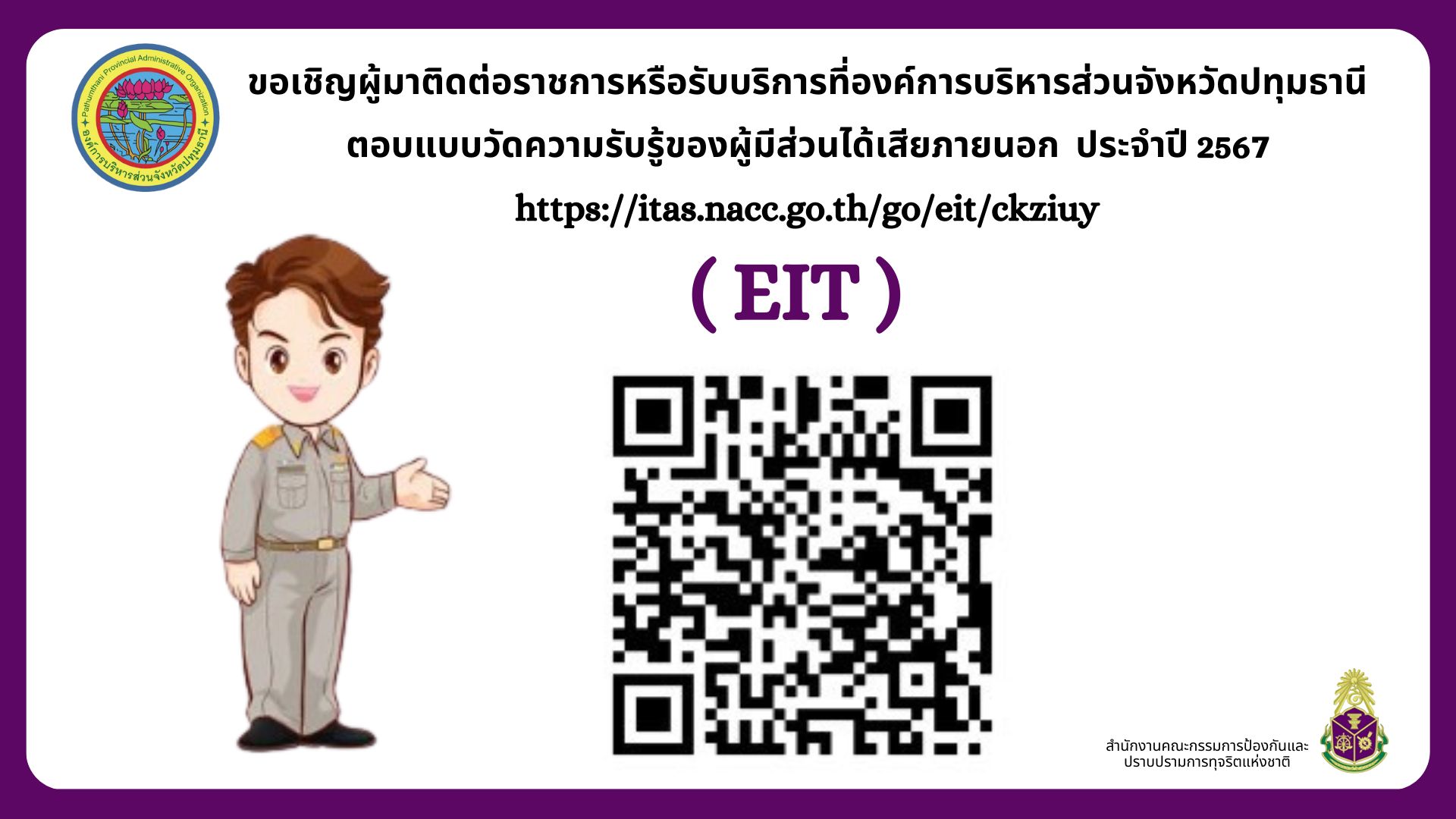This article explores the essential function of Random Number Generator (RNG) technology in ensuring the integrity and unpredictability of online casino games. We will delve into how RNGs work, their importance in maintaining fairness, the regulatory standards surrounding them, and their impact on player experiences. Additionally, we’ll discuss the role of RNGs in various game types and how they contribute to the growing popularity of online gambling, particularly in the context of the irish casino scene.
- Understanding RNG Technology and Its Basic Functionality
- The Importance of Fairness in Online Gambling Platforms
- How RNGs Generate Unpredictable Outcomes in Casino Games
- Regulatory Standards and Testing for RNG Technology
- Different Types of RNGs Used in Online Casino Games
- The Impact of RNG Technology on Player Experience and Trust
- Case Studies: Successful Implementation of RNG in Popular Games
- The Future of RNG Technology in the Online Casino Industry
- Challenges Facing RNG Technology in Online Gambling
- Conclusion: Embracing RNG for a Fair Gaming Environment
Understanding RNG Technology and Its Basic Functionality
Random Number Generators (RNGs) are algorithms designed to produce sequences of numbers that lack any predictable patterns, making them crucial for online casino games. In the context of gambling, RNGs ensure that each game’s outcome is random and fair, providing players with an equal chance to win. These algorithms can be either hardware-based or software-based, with the latter being more prevalent in online gaming environments. Understanding their functionality is vital for both operators and players, as it directly influences the gaming experience.
The basic operation of an RNG involves generating numbers at high speeds, often in the range of thousands per second. These numbers correspond to the various outcomes in a casino game, such as card values in blackjack or symbols on a slot machine. Each time a player interacts with a game, the RNG produces a new random number, ensuring that results are independent of previous spins or hands. This fundamental randomness is what keeps online casino games exciting and unpredictable.
The Importance of Fairness in Online Gambling Platforms
Fairness in online gambling is paramount for the survival and success of casinos. Players must feel confident that the games they are engaging with are not rigged or manipulated in favor of the house. This confidence is primarily built on the effectiveness of RNG technology. Without reliable RNGs, players could easily become skeptical of game outcomes, leading to a loss of trust and, ultimately, a decline in player retention.
To maintain fairness, online casinos often provide transparency about their RNG systems. Many reputable platforms publish their Return to Player (RTP) percentages and undergo regular audits by independent testing agencies. These practices help assure players that the games are fair and that they have a genuine chance of winning. Thus, RNGs play a crucial role in upholding the integrity of the gambling experience.
How RNGs Generate Unpredictable Outcomes in Casino Games
The unpredictability of outcomes generated by RNGs is a key factor in the appeal of online casino games. RNGs utilize complex algorithms that incorporate seed values—initial numbers that serve as a starting point for generating random sequences. The input of these seed values ensures that the output remains unpredictable, giving players a sense of excitement with each game round.
For instance, in slot games, the RNG determines the alignment of symbols on the reels. Every spin is independent, meaning that past spins do not influence future results. This property of independence ensures that players cannot predict or manipulate game outcomes, which is vital for maintaining a fair gaming environment. The use of RNGs thus enhances the thrill of chance, a core element of gambling.
Regulatory Standards and Testing for RNG Technology
Regulatory bodies around the world play a significant role in ensuring that RNG technology meets strict standards of fairness and randomness. These organizations conduct rigorous testing of RNG systems used by online casinos to verify their compliance with legal requirements. For instance, in jurisdictions like the UK and Malta, online gambling operators must obtain licenses that require adherence to specific RNG standards.
Independent testing agencies, such as eCOGRA and iTech Labs, are often employed to audit RNG systems. They assess the algorithms’ performance and ensure that they produce truly random outcomes. The certification from these agencies serves as a badge of trust for players, indicating that the online casino operates fairly. Such oversight is essential for fostering a safe and transparent gambling environment.
Different Types of RNGs Used in Online Casino Games
There are primarily two types of RNGs used in online casino games: pseudo-random number generators (PRNGs) and true random number generators (TRNGs). PRNGs are the most common in online gaming due to their speed and reliability. These algorithms use mathematical formulas to generate sequences of numbers that appear random. While not truly random, they are sufficient for most gaming applications.
On the other hand, TRNGs rely on physical processes, such as atmospheric noise or radioactive decay, to generate random numbers. These types of RNGs are less common due to higher costs and complexity but offer a higher level of randomness. Understanding the differences between these two types is crucial for players who wish to know how their games are being operated.
| Type of RNG | Description | Common Uses |
|---|---|---|
| Pseudo-Random Number Generator (PRNG) | Uses algorithms to produce sequences of numbers that appear random. | Slots, poker, and other card games. |
| True Random Number Generator (TRNG) | Relies on physical phenomena to generate numbers. | High-stakes games and some lotteries. |
The Impact of RNG Technology on Player Experience and Trust
The introduction of RNG technology has revolutionized the player experience in online casinos. With the assurance of fairness and transparency, players can enjoy their favorite games without the fear of manipulation. This confidence significantly enhances player satisfaction and encourages longer gaming sessions. Players are more likely to return to platforms that they believe are fair and trustworthy.
Moreover, the integration of RNGs allows for innovative game designs that keep players engaged. Game developers can create unique gaming experiences with varied outcomes, ensuring that players always have something new to explore. This constant evolution of game mechanics, powered by RNG technology, has contributed to the explosive growth of the online gambling industry.
Case Studies: Successful Implementation of RNG in Popular Games
Numerous successful online casino games showcase the effective use of RNG technology. One notable example is the popular online slot game “Starburst,” which utilizes a sophisticated RNG to deliver unpredictable outcomes. Players are drawn to its vibrant graphics and exciting gameplay, underpinned by a robust RNG system that ensures fairness.
Another example is the online poker game “Texas Hold’em,” where RNGs are crucial for shuffling and dealing cards. The implementation of RNG technology ensures that no player has an unfair advantage, maintaining the integrity of the game. These case studies illustrate how RNGs not only ensure fairness but also enhance the overall player experience.
The Future of RNG Technology in the Online Casino Industry
The future of RNG technology in online casinos is promising, with ongoing advancements aimed at improving randomness and security. As technology evolves, we can expect to see the incorporation of more sophisticated algorithms that enhance the unpredictability of game outcomes. Innovations such as blockchain technology are also being explored to provide verifiable randomness, further boosting player confidence.
Moreover, as online gambling becomes more mainstream, regulatory bodies will likely impose stricter standards on RNG technology. This shift will necessitate continuous upgrades and audits of RNG systems, ensuring that they meet the evolving demands of players and regulators alike. The commitment to fair gaming will remain a cornerstone of the online casino industry.
Challenges Facing RNG Technology in Online Gambling
Despite the advantages of RNG technology, several challenges persist within the online gambling landscape. One major challenge is the potential for exploitation by unscrupulous operators who may attempt to manipulate RNGs for unfair gain. This situation underscores the importance of regulatory oversight and independent testing to ensure compliance with fairness standards.
Additionally, the rapid pace of technological advancements can create gaps in knowledge and understanding among operators. Staying updated with the latest RNG developments is crucial for maintaining the integrity of games. Online casinos must invest in training and education for their staff to navigate these challenges effectively.
Conclusion: Embracing RNG for a Fair Gaming Environment
In conclusion, RNG technology plays a crucial role in establishing a fair and unpredictable gaming environment in online casinos. Its ability to generate random outcomes ensures that players can enjoy their favorite games without concern for manipulation. As the online gambling industry continues to evolve, the reliance on RNGs will only increase, necessitating ongoing regulation and testing to maintain player trust.
As players seek thrilling experiences in a safe environment, the importance of RNG technology cannot be overstated. By embracing RNGs, online casinos can foster a culture of fairness and unpredictability, ultimately leading to a more vibrant and trustworthy gaming community.
![]()








































